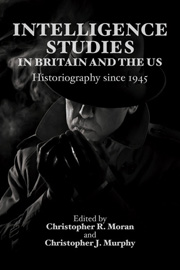Preface
Published online by Cambridge University Press: 05 October 2013
Summary
Secret intelligence had always been an element in statecraft, but in the twentieth century, it acquired an altogether new standing as an ingredient in the security arrangements of nations that tired of ‘total warfare’. This applied to the Soviet Union, with its tens of millions of casualties in World War II, and equally to democratic countries, with their memories of Galipoli and Paeschendale. In fact, special factors applied in the case of the democratic nations, with their increasingly universal voting rights. Enfranchised male citizens – who supplied the infantry, yet could make or break the governments that sent them to the front – displayed a fondness for their arms and legs and for life in general. The arrival of the female voter only intensified the aversion to militarism and to body bags. War was no longer acceptable as a reflexive recourse in times of diplomatic crisis. The search for alternative methods yielded initiatives ranging from United Nations mediations to nuclear deterrence. The century's commitment to secret intelligence stemmed from the same source.
To be sure, secret intelligence is an ingredient in military success. It can help to make war more precise and more decisive. But for those very reasons, it can also make war less bloody, especially for the civilians so oft en caught up as ‘collateral’ casualties. Furthermore, it can yield information that anticipates, and helps to prevent, conflict.
- Type
- Chapter
- Information
- Intelligence Studies in Britain and the USHistoriography since 1945, pp. xv - xviiiPublisher: Edinburgh University PressPrint publication year: 2013



